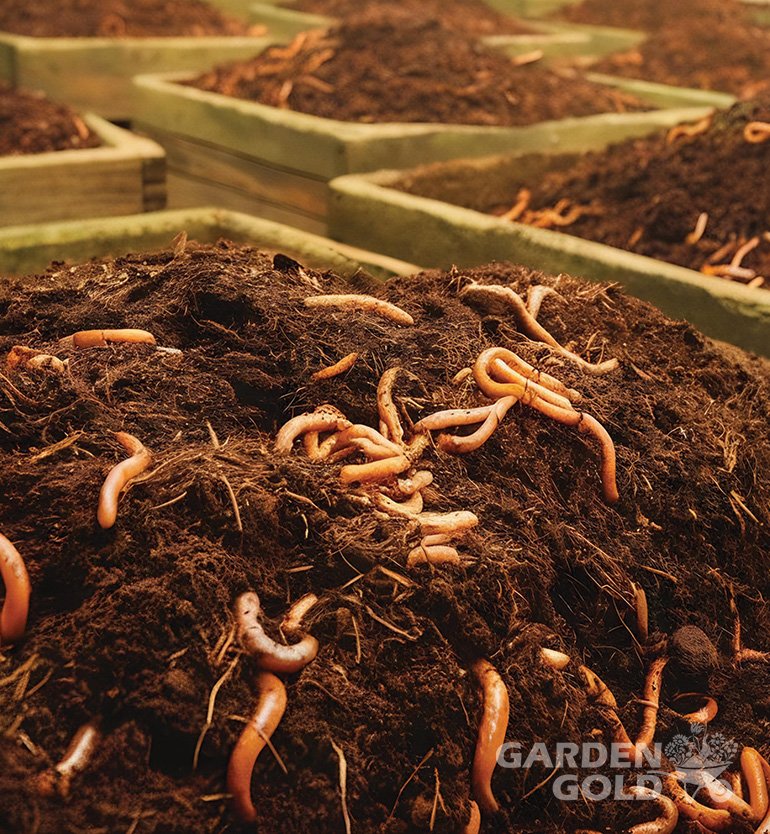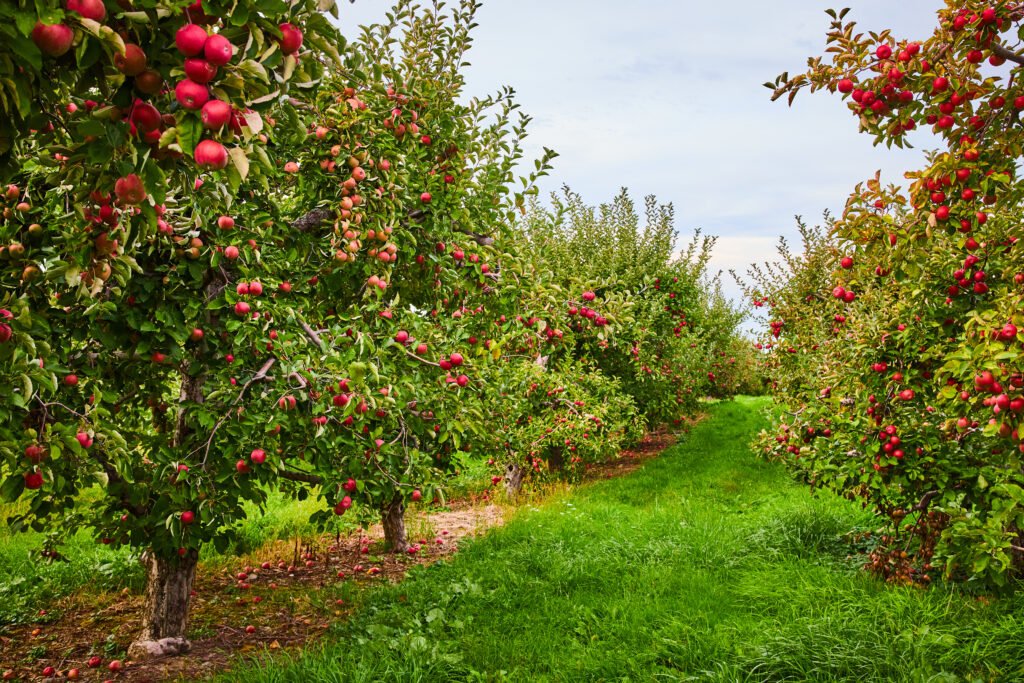
Vermicompost is an organic, nutrient-dense fertilizer created through earthworm’s breakdown of organic matter. It enhances soil structure, supports plant growth, and encourages sustainable farming practices. Understanding how much vermicompost per acre is required for optimal crop growth is crucial for farmers. The ideal quantity can vary depending on crop type, soil condition, and growth stage. Let’s explore the right amount of vermicompost for different crops and how to apply it effectively for maximum benefit.
Why Vermicompost is Essential for Your Crops
Vermicompost is a powerhouse of nutrients such as nitrogen, phosphorus, and potassium, critical for plant growth. It improves soil aeration, enhances water retention, and boosts microbial activity, resulting in healthier, more resilient crops. By incorporating vermicompost into your farming practices, you can reduce the need for synthetic fertilizers and promote long-term soil health. It’s an eco-friendly, sustainable choice for farmers aiming to enhance crop yields and overall farm productivity.
How Much Vermicompost Per Acre Should You Apply?
The amount of vermicompost per acre depends on factors like soil quality, crop type, and specific growth stages. Below are general guidelines to help determine the right amount of vermicompost for various crops:
1. Field Crops (Wheat, Rice, Maize, etc.)

Quantity: 1 to 2 tons (2,000 to 4,000 kg) per acre.
Application: Mix the vermicompost into the soil during field preparation or apply it as a top dressing at the start of the growing season. This will help improve soil fertility, encouraging healthy root development and strong crop growth.
2. Vegetable Crops (Tomatoes, Potatoes, etc.)

Quantity: 2 to 3 tons (4,000 to 6,000 kg) per acre.
Application: Incorporate vermicompost into the planting beds before sowing. For optimal growth, apply it around the base of plants as they grow, ensuring they receive a steady supply of nutrients. The moisture-retention properties of vermicompost also ensure that plants stay hydrated during dry periods.
3. Fruit Orchards (Mango, Citrus, etc.)

Quantity: 5 to 10 kg per tree.
Application: Vermicompost will be applied at the base of fruit trees during planting. Repeat the application during the flowering and fruit-setting stages to boost fruit production and tree health. Vermicompost provides essential nutrients for robust root and foliage development.
4. Cash Crops (Sugarcane, Cotton, etc.)

Quantity: 2.5 to 3.5 tons (5,000 to 7,000 kg) per acre.
Application: Apply during the initial planting phase and as a top dressing after 60-75 days. This ensures cash crops like sugarcane and cotton get the nutrients they need for optimal growth, improving yield and quality.
When Should You Reapply Vermicompost?
For continuous soil fertility and optimal plant growth, reapplication of vermicompost is important. Follow these schedules for different crops:
Annual Crops: Apply once during soil preparation and again at mid-growth (after 45-60 days) for a continuous nutrient supply.
Perennial Crops (Orchards): Apply vermicompost twice yearly, once at the beginning of the growing season and once post-harvest to maintain soil health.
Vegetables: Apply every 30-45 days during the growing season to achieve maximum yield and ensure vibrant, healthy growth.
Soil Health Maintenance: Annually apply 1-2 tons per acre to maintain soil organic matter and structure, especially for long-term farming.
Pro Tips for Maximum Effectiveness of Vermicompost
- Mix Thoroughly with Soil: Always blend vermicompost well with the topsoil for better integration and nutrient distribution.
- Watering: After applying vermicompost, irrigate the field to activate microbial life in the compost and ensure nutrient absorption by plants.
- Compost Tea: Use vermicompost tea as a foliar spray to enhance plant immunity and boost yields. This can be especially useful for crops that are susceptible to pests or disease.
Conclusion: How Much Vermicompost Per Acre?
In conclusion, the amount of vermicompost per acre depends on soil fertility, crop type, and farming practices. Generally, applying 2 to 6 tons per acre of vermicompost will improve soil health and promote healthier crop growth. For nutrient-hungry crops like vegetables and cash crops, you may need to increase the quantity for optimal results.
Whether growing field crops, fruit orchards, or vegetables, vermicompost is an eco-friendly and sustainable solution to improve soil fertility and boost plant health. With regular application and proper care, your farm can experience enhanced productivity and long-term success. Click here to purchase high-quality vermicompost for your farm or contact us for more details.
